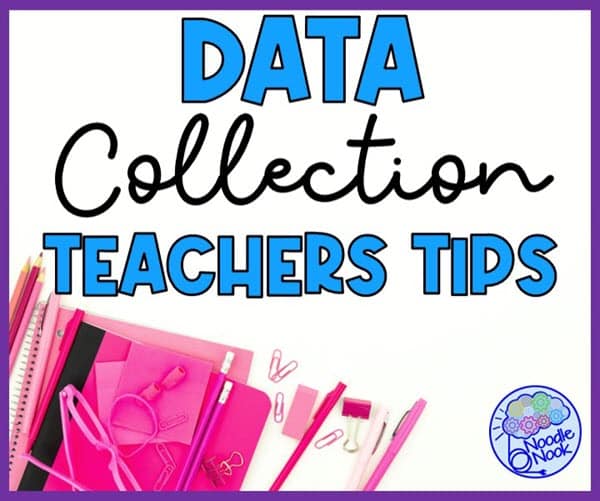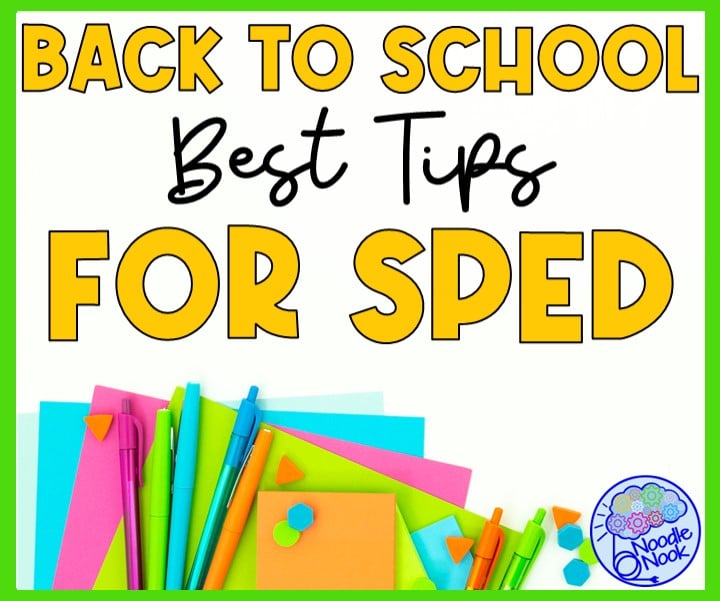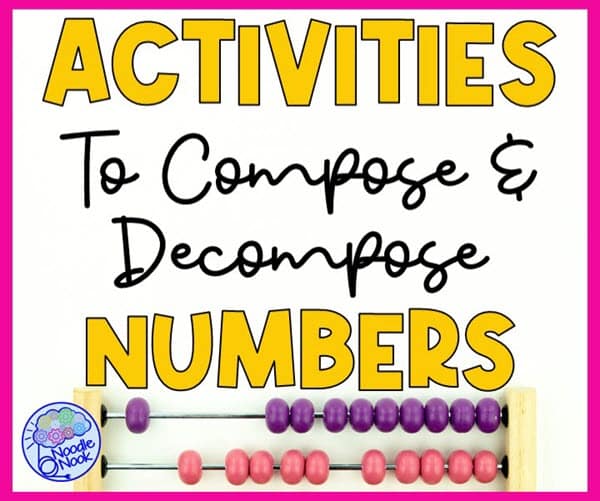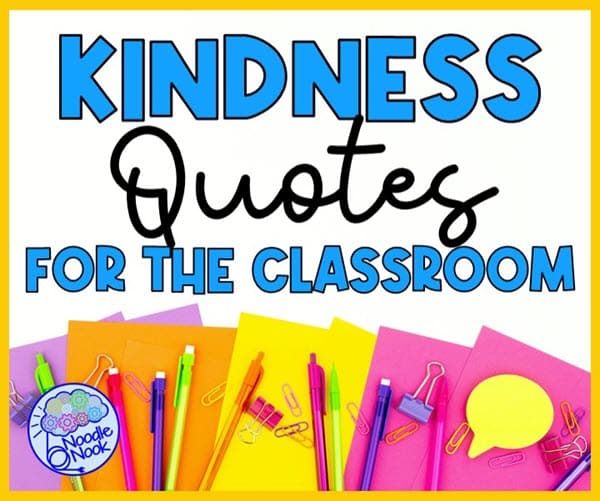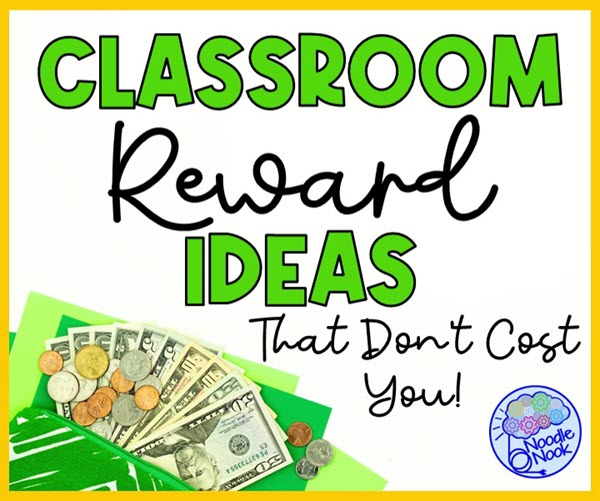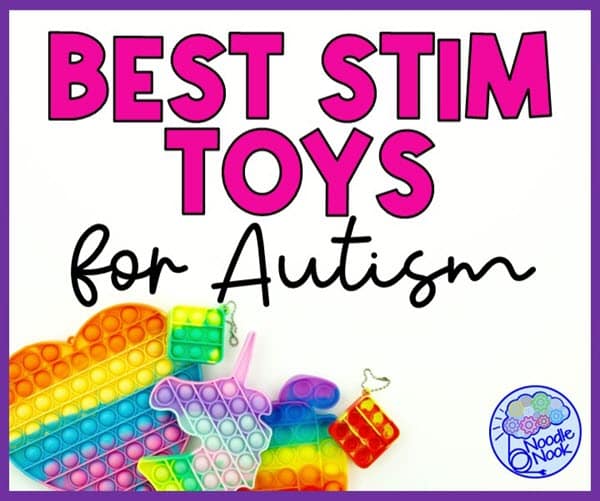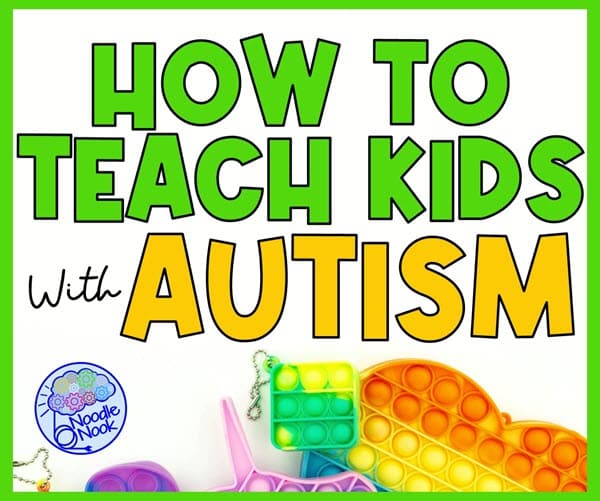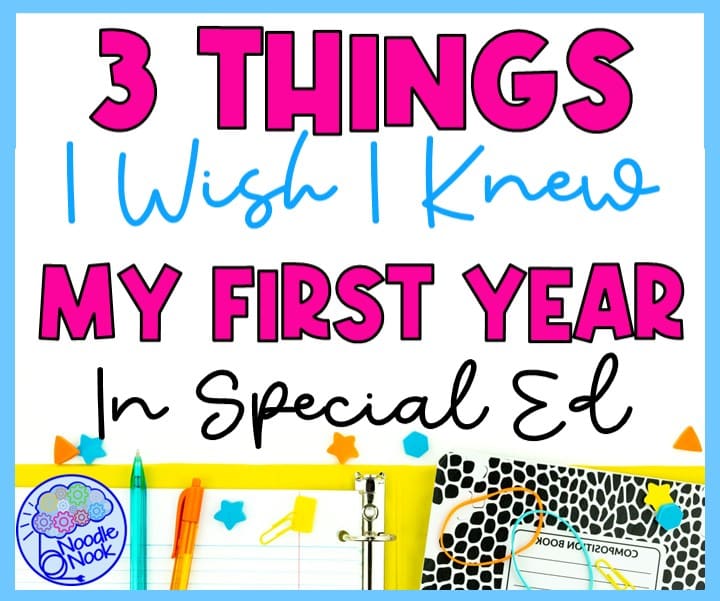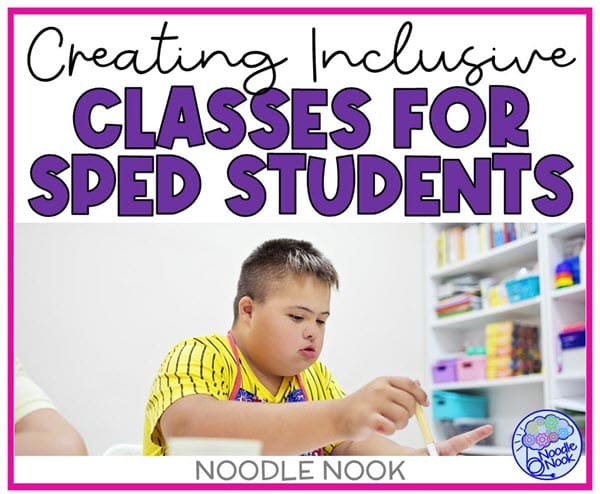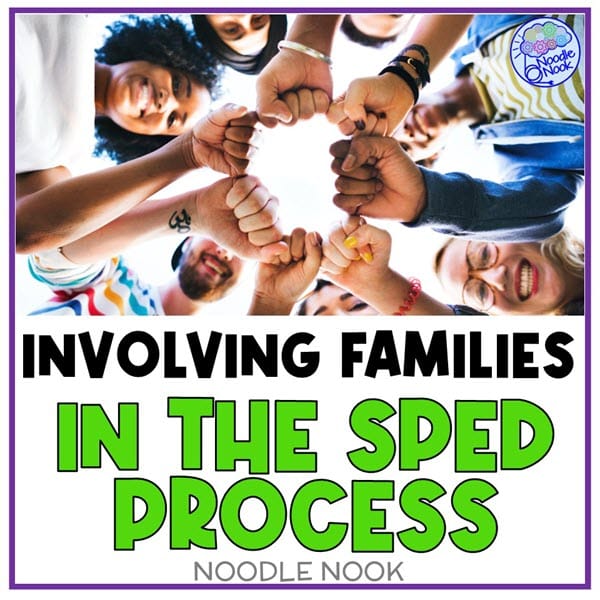Data Collection Tips for Teachers: Hacks for Tracking Progress in Special Education
Hey there, awesome teachers in special education! Are you ready to conquer data collection like a pro? Don’t worry; I’ve got some nifty tricks up my sleeve that will make tracking progress a breeze! Let’s dive in and discover how to make data fun and helpful in your classroom. Ready? Let’s go!
Step 1: Set Clear Goals and Objectives 🎯
Start by setting clear goals and objectives for your students.

